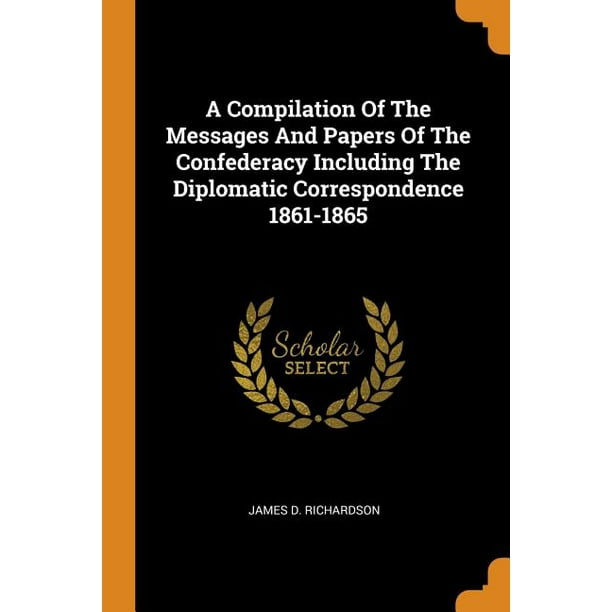
Dudley Mann was appointed as one of three Special Commissioners to Europe in 1861, to represent the interests of the Confederate States of America. He met with Pope Pius IX in mid-November 1863 to explain the actions of the Confederate States in seeking independence. When the wisdom of gradual emancipation was suggested, Mann properly advised the Pontiff that the States themselves were the ones to decide this, not the Confederate government. He could have further explained that this is precisely how African slavery had been abolished in the Northern States by the action of individual States, not the federal government. In March 1865, with the agreement of the States, the Confederate Congress authorized the enlistment of 300,000 emancipated black men.
His Holiness and the Civil War
“His Holiness now stated, to use his own language, that Lincoln and Company had endeavored to create an impression abroad that they were fighting for the abolition of slavery, and that it might perhaps be judicious in us to consent to gradual emancipation. I replied that the subject of slavery was one over which the Government of the Confederate States, like that of the old United States, had no control whatever; that all ameliorations with regard to the institution must proceed from the States themselves, which were as sovereigns in their character in this regard as were France, Austria, or any other Continental power . . .
I availed myself of [Lincoln’s emancipation] declaration to inform His Holiness that it was not the armies of Northern birth which the South was encountering in hostile array, but that it was the armies of European creation, occasioned by the Irish and Germans, chiefly by the former, who were influenced to emigrate (by circulars from Lincoln and Company to their numerous agents abroad) ostensibly for the purpose of securing high wages, but in reality to fill up the constantly depleted ranks of our enemy, that those poor unfortunates were tempted by the high bounties amounting to $500, $600 and $700 to enlist and take up arms against us; that once in the service they were invariably placed in the most exposed points of danger in the battlefield; that in consequence thereof an instance had occurred in which almost an entire brigade had been left dead or wounded upon the ground; that but for foreign recruits the North would most likely have broken down months ago in the absurd attempt to overpower the South.
His Holiness expressed his utter astonishment, repeatedly throwing up his hands at the employment of such means against us and the cruelty attendant upon such unscrupulous operations.”
(A Compilation of the Messages and Papers of the Confederacy, Including the Diplomatic Correspondence 1861-1865, James D. Richardson, editor, US Publishing Company, 1905, excerpt pg. 594)

No comments:
Post a Comment